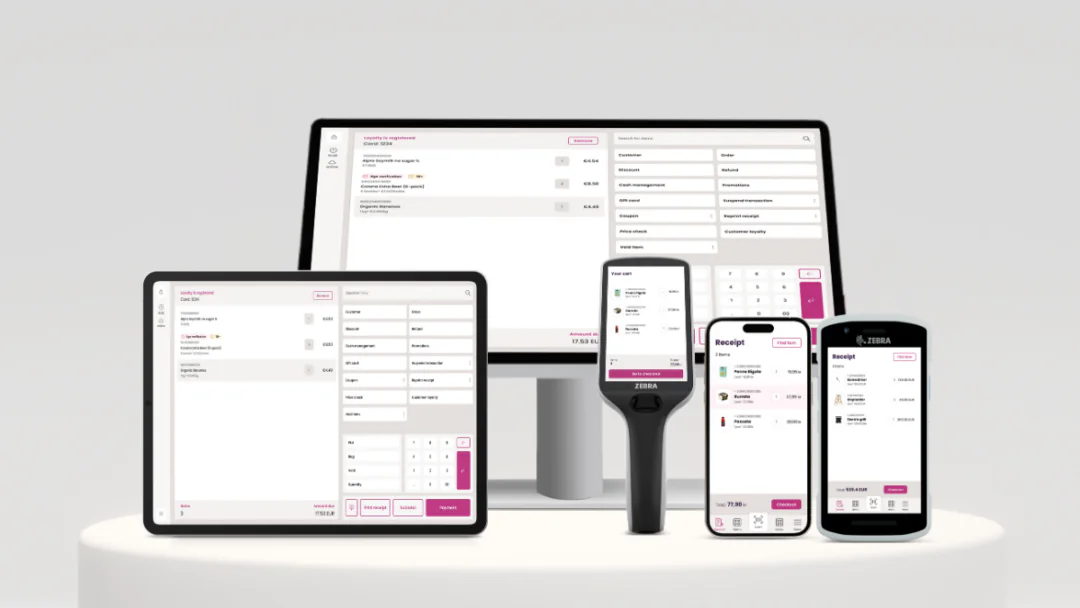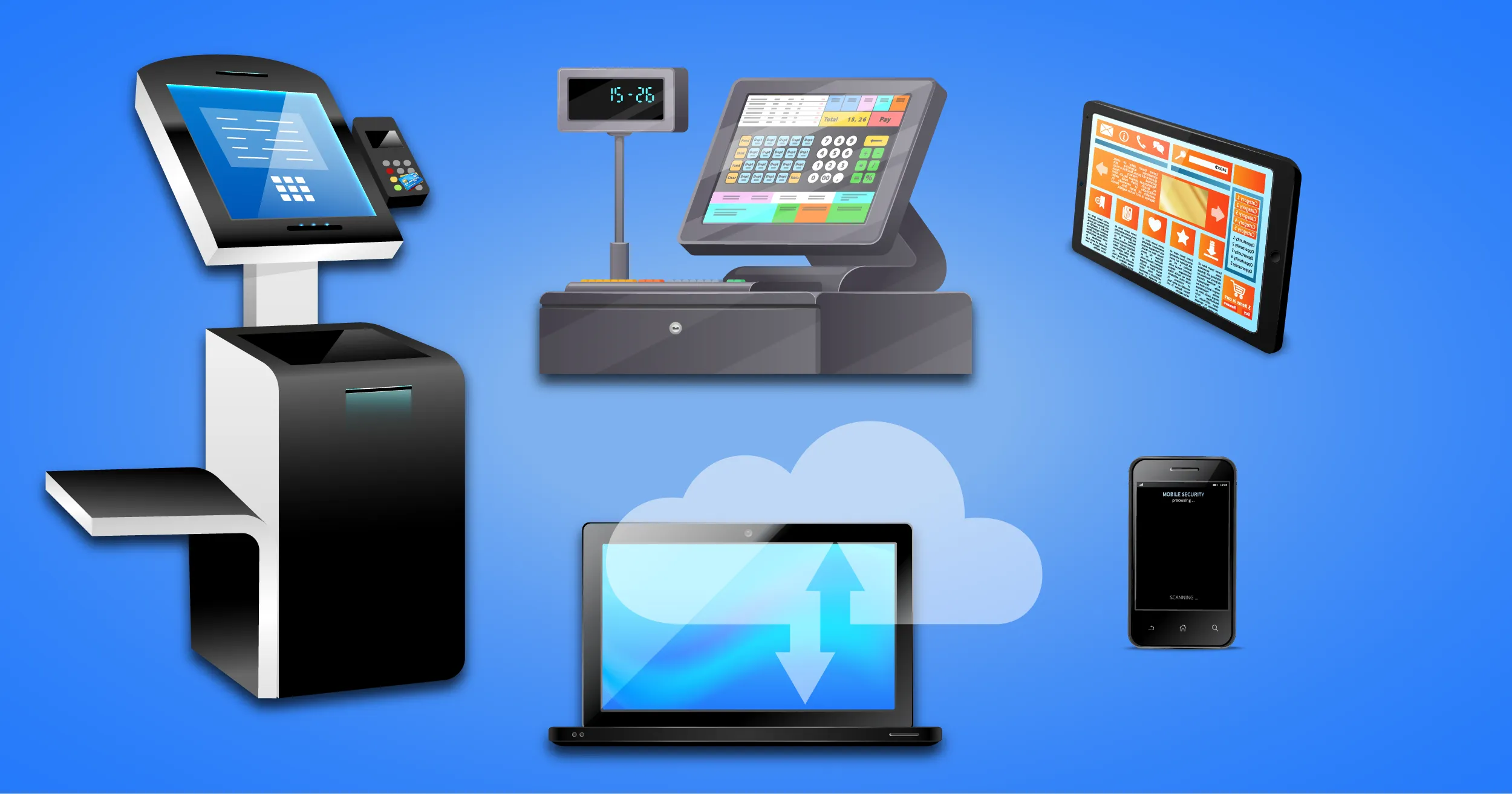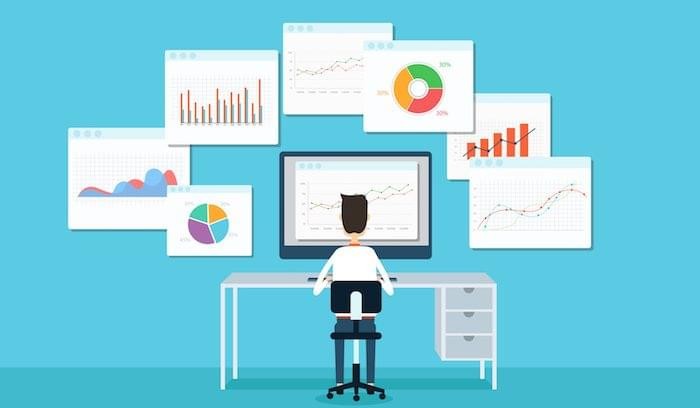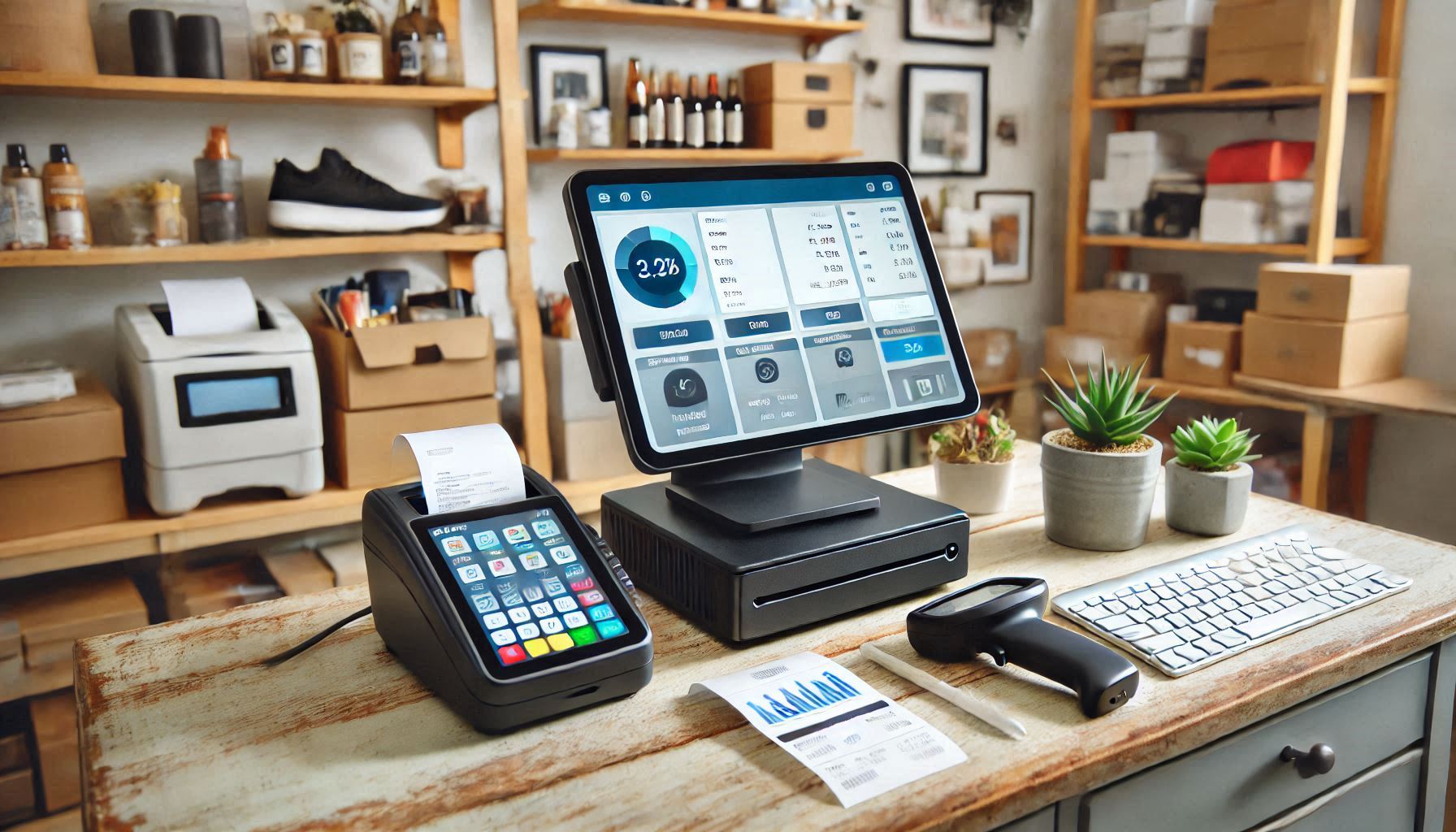Managing Multiple Locations with a Centralized POS System
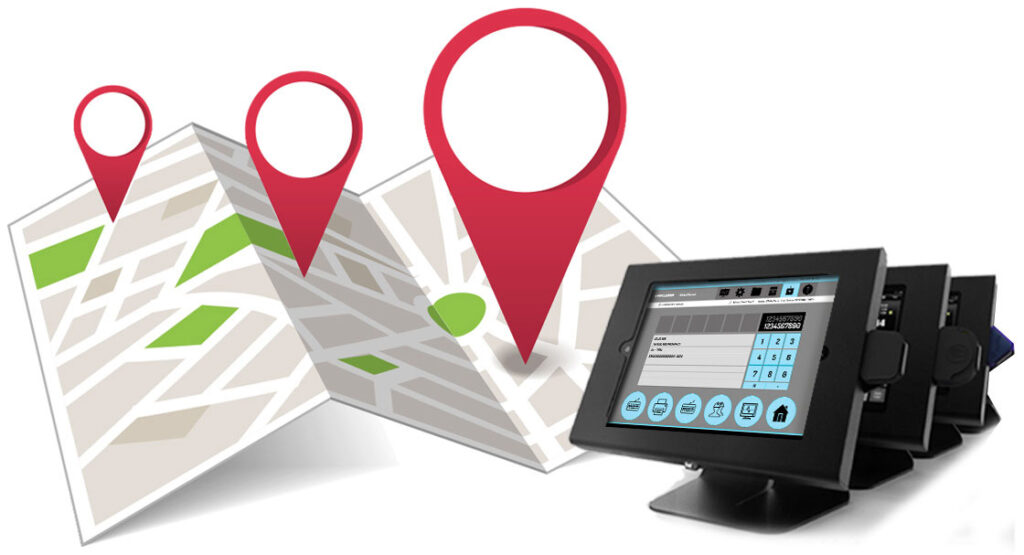
Managing a business with multiple locations can be a daunting task. From tracking inventory to maintaining consistency in customer service, the complexity multiplies as the business expands. Fortunately, centralized point-of-sale (POS) systems have become a game-changer for multi-location businesses. These systems provide seamless integration across all outlets, making operations more efficient and data-driven. Here’s a comprehensive look at how centralized POS systems simplify managing multiple locations.
1. Centralized Inventory Management
One of the biggest challenges in managing multiple locations is keeping track of inventory. A centralized POS system provides real-time inventory tracking across all outlets, ensuring that you always know what’s in stock and where.
For example, if a customer at one location requests an item that’s out of stock, staff can quickly check availability at other locations and arrange for a transfer or delivery. This level of visibility minimizes stockouts and overstocking, reducing waste and improving customer satisfaction.
Additionally, centralized inventory management allows businesses to implement effective stock forecasting, identifying trends across all locations to ensure the right products are available at the right time.
2. Unified Sales Reporting
With a centralized POS system, businesses can access comprehensive sales data from all locations in one place. This feature provides a bird’s-eye view of how each outlet is performing, helping managers identify top-performing locations, products, and staff.
Unified reporting enables businesses to spot trends, compare performance between locations, and make data-driven decisions to improve overall profitability. For instance, if one outlet is underperforming, managers can analyze the data to pinpoint issues such as low foot traffic, ineffective promotions, or staff training gaps.
3. Consistent Customer Experience
Consistency is crucial for building brand loyalty, especially for businesses with multiple locations. A centralized POS system ensures that all outlets adhere to the same pricing, promotions, and loyalty programs.
Customers appreciate familiarity—whether they visit your flagship store or a smaller branch, the experience should feel cohesive. A centralized system helps achieve this by synchronizing customer profiles and purchase histories across locations. Staff can access a customer’s preferences or loyalty rewards, providing a personalized experience no matter where the transaction occurs.
4. Simplified Employee Management
Managing a team spread across multiple locations can be challenging. Centralized POS systems simplify this by offering tools for scheduling, performance tracking, and payroll integration.
For instance, managers can view employee performance metrics such as sales per hour or customer satisfaction scores across locations. This visibility helps identify top performers, areas for improvement, and staffing needs. Additionally, a centralized system can streamline shift scheduling, ensuring optimal staffing levels at all locations without overlap or gaps.
5. Real-Time Data Accessibility
In a fast-paced business environment, having access to real-time data is invaluable. Centralized POS systems allow managers to monitor sales, inventory, and customer trends as they happen, regardless of location.
For example, during a promotional event, managers can track its impact across multiple outlets in real-time. If one location is experiencing higher demand, they can allocate additional resources or inventory to meet customer needs. This agility ensures that businesses can respond quickly to changing circumstances, minimizing downtime and maximizing sales opportunities.
6. Streamlined Operations Across Locations
A centralized POS system standardizes processes, ensuring uniformity in how each location operates. This standardization reduces errors, simplifies training for new employees, and makes it easier to onboard additional locations as the business grows.
Tasks like updating product prices, launching promotions, or implementing policy changes can be done centrally, eliminating the need for manual updates at each location. This streamlining saves time and ensures consistency across the board.
7. Enhanced Security and Fraud Prevention
Managing financial transactions across multiple locations comes with inherent risks, such as theft or fraud. Centralized POS systems offer advanced security features to mitigate these risks.
With centralized control, managers can monitor all transactions in real-time, flagging suspicious activity such as voided sales or excessive discounts. Additionally, many systems provide robust encryption and secure payment gateways, protecting customer data and reducing the risk of breaches.
8. Cost Efficiency and Scalability
While investing in a centralized POS system might seem like a significant expense upfront, it offers long-term cost savings. By automating processes, reducing errors, and improving efficiency, businesses can lower operational costs.
Moreover, centralized POS systems are designed to scale with your business. Adding new locations becomes as simple as integrating them into the existing system, without the need for separate setups or additional software. This scalability makes centralized POS systems an excellent choice for growing businesses.
9. Integration with Other Business Tools
Many centralized POS systems integrate seamlessly with other business tools, such as accounting software, marketing platforms, and customer relationship management (CRM) systems. This integration ensures a holistic approach to business management, enabling data sharing and reducing manual work.
For example, sales data from the POS system can sync directly with accounting software, simplifying financial reporting and tax preparation. Similarly, CRM integration allows businesses to use purchase history for targeted marketing campaigns.
Conclusion
Managing multiple locations doesn’t have to be overwhelming. With a centralized POS system, businesses can streamline operations, enhance customer experiences, and make data-driven decisions with ease. From real-time inventory tracking to unified reporting and robust security features, centralized POS systems empower businesses to operate efficiently and scale effortlessly.
For businesses looking to stay competitive in today’s dynamic market, adopting a centralized POS system isn’t just an option—it’s a necessity.

